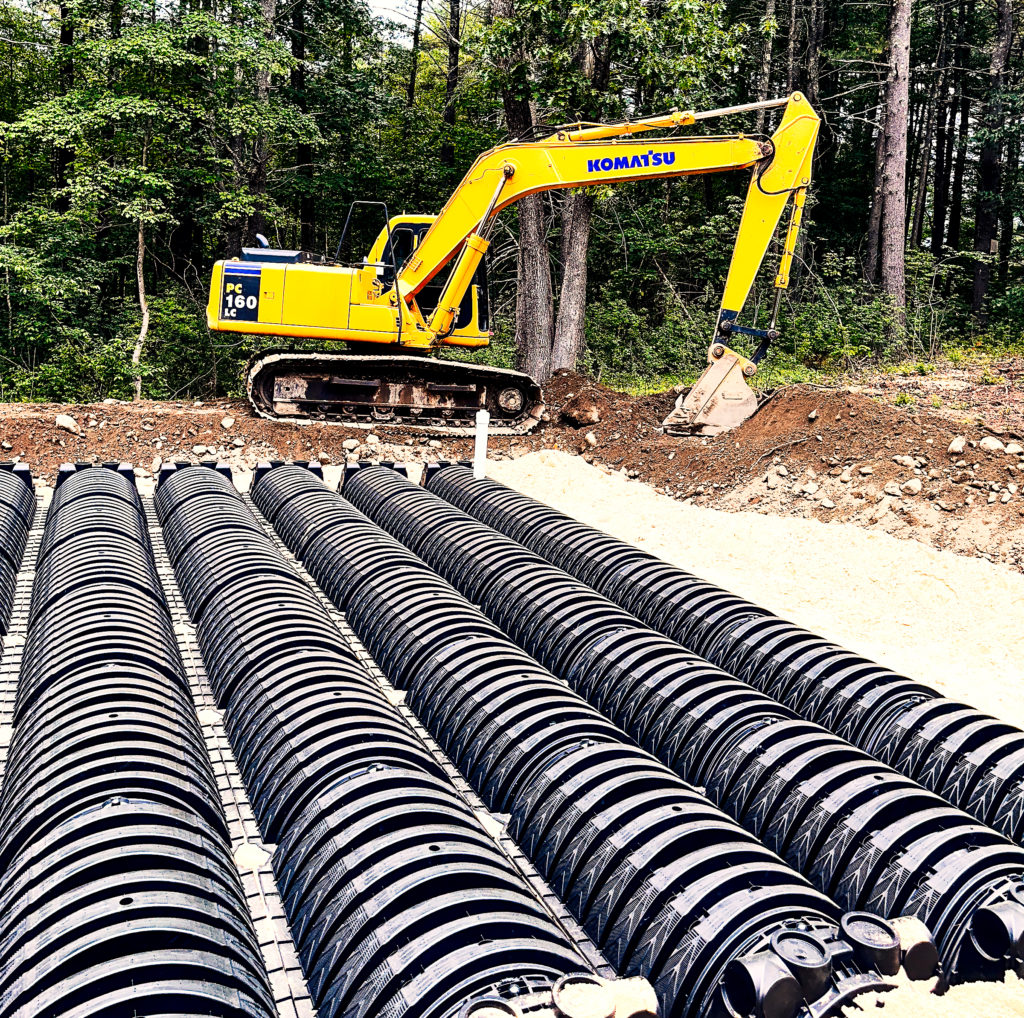Welcome, homeowners, to our engaging and educational discussion on the two primary options for managing wastewater: septic systems and municipal sewers. Whether you’re a potential homeowner or have an existing property, understanding the pros and cons of these systems is crucial. In this concise and powerful blog post, we aim to provide you with the knowledge needed to make an informed decision. Let’s dive in!
- Septic Systems: The Self-Sustaining Solution
Septic systems are self-contained wastewater treatment systems installed on individual properties. Here are the key points to consider:
Pros: a. Independence: With a septic system, you have control over your wastewater management, eliminating reliance on external entities. b. Cost: Septic systems generally require lower upfront costs compared to connecting to a municipal sewer. c. Environmental impact: Properly maintained septic systems can be eco-friendly, as they treat and filter wastewater on-site.
Cons: a. Maintenance: Septic systems demand regular maintenance, including periodic pumping and inspection, to ensure optimal performance. b. Responsibility: As a homeowner, you’re responsible for the proper functioning and maintenance of your septic system. c. Limited capacity: Septic systems have a finite capacity, so if you plan to expand your property or increase water usage significantly, they may not be suitable.
- Municipal Sewers: The Connected Solution
Municipal sewers are vast underground networks that collect and treat wastewater from multiple properties. Let’s explore the advantages and drawbacks:
Pros: a. Convenience: Connecting to a municipal sewer eliminates the need for personal maintenance and responsibilities associated with a septic system. b. Capacity: Municipal sewers can accommodate substantial amounts of wastewater, making them ideal for larger properties or high water usage scenarios. c. Professional treatment: Wastewater in a municipal system undergoes centralized treatment, ensuring effective purification and environmental compliance.
Cons: a. Costs: Hooking up to a municipal sewer can involve connection fees, ongoing service charges, and potential assessments for infrastructure improvements. b. Lack of control: Since you rely on the municipal system, you have limited control over the treatment and maintenance processes. c. Accessibility: Not all areas have access to municipal sewers, making connection impossible or expensive for some homeowners.
Conclusion:
Deciding between a septic system and a municipal sewer depends on your specific needs, preferences, and property location. Consider the following questions when making your choice:
- Do you value independence and control over your wastewater management, or do you prefer the convenience of a connected system?
- How much are you willing to invest upfront, and what ongoing costs are you prepared to handle?
- Does your property have the required infrastructure and accessibility to connect to a municipal sewer?
By weighing the pros and cons outlined in this article, you’ll be better equipped to make an informed decision that aligns with your goals as a homeowner. Remember, both septic systems and municipal sewers have their merits, so choose the option that best suits your needs, budget, and environmental considerations.
Motivational Tip:
“Taking charge of your wastewater management not only gives you independence but also allows you to play an active role in preserving the environment. Whether you opt for a septic system or connect to a municipal sewer, you’re making a difference. So, choose wisely and contribute to a cleaner, healthier future for all!”
We hope this concise yet powerful article has provided you with valuable insights into the septic vs. municipal sewer debate. Make an informed decision and enjoy the peace of mind that comes with an efficient wastewater management system. Happy homeownership!

